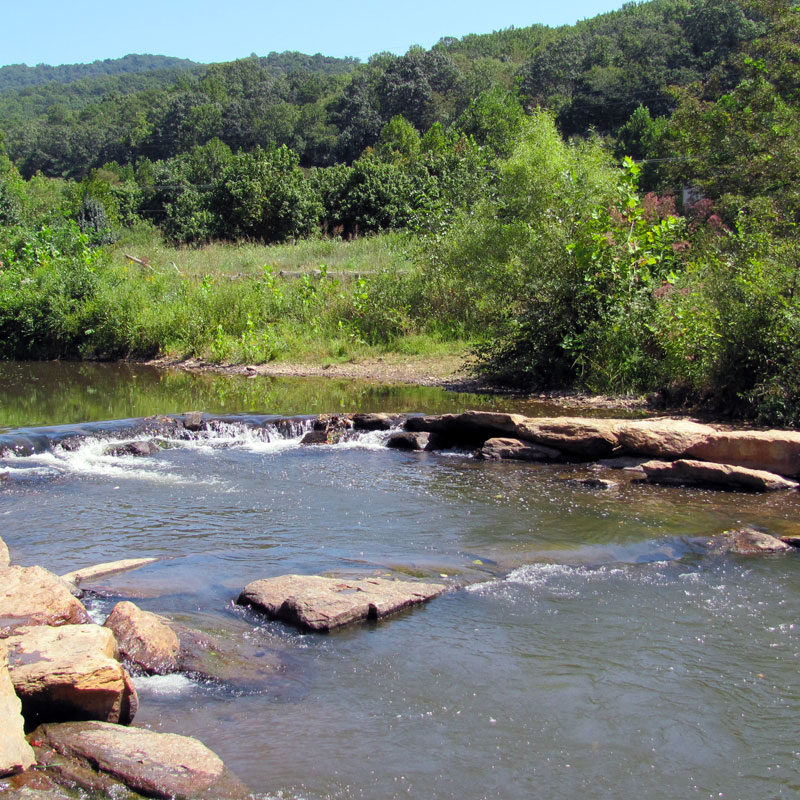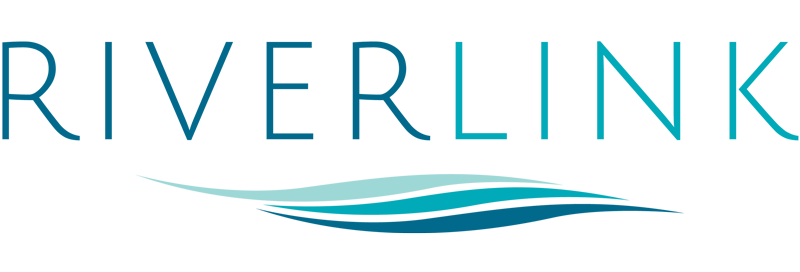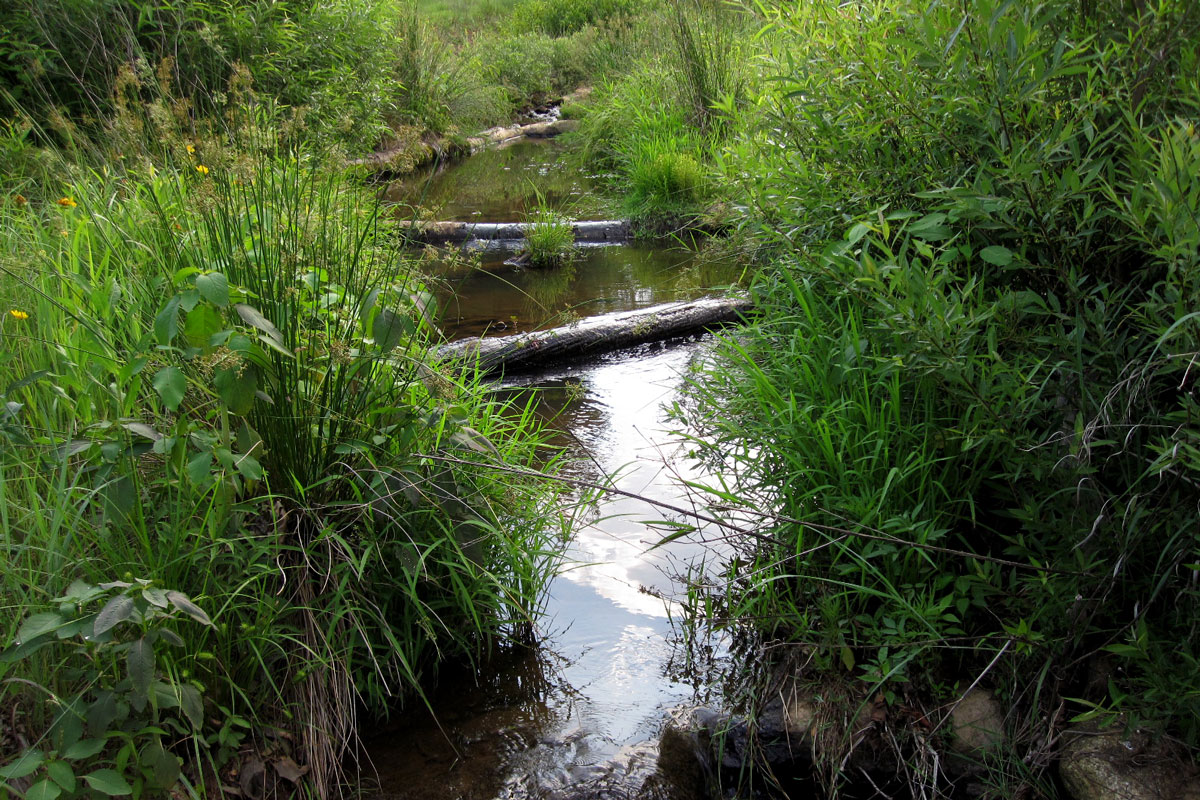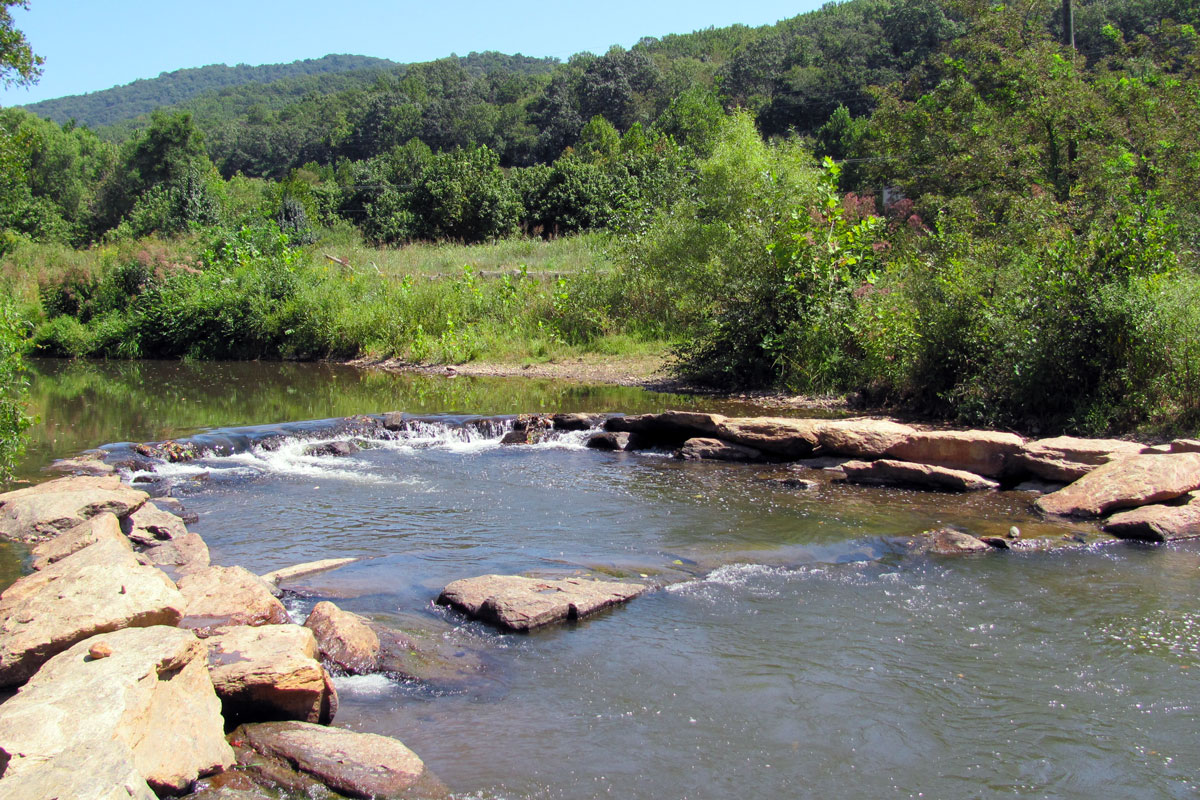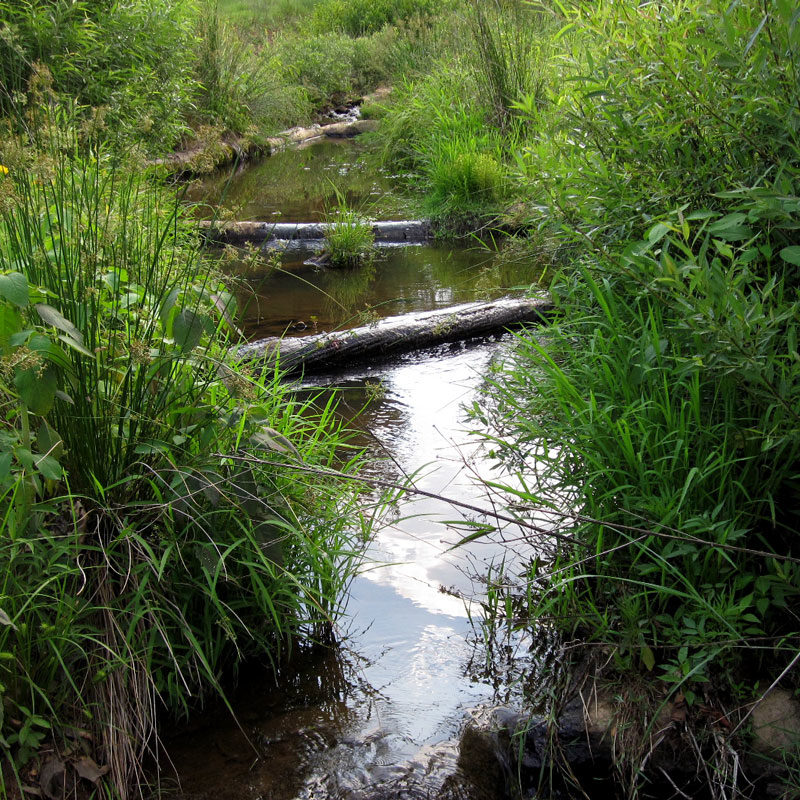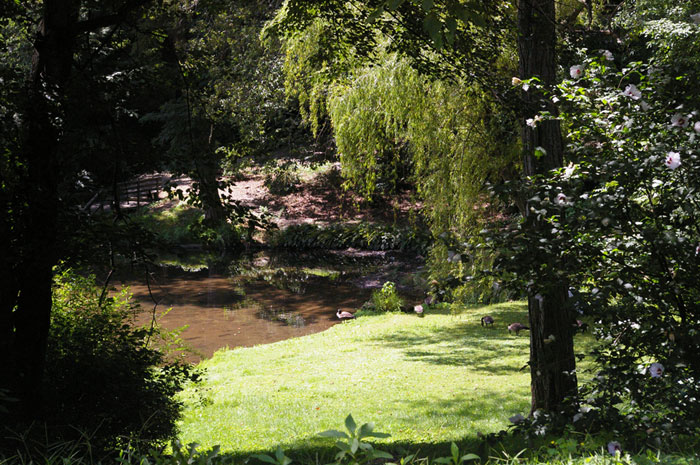Swannanoa River
In 2001 RiverLink embarked on an opportunity to develop a watershed wide approach to stormwater management to improve the water quality in the Swannanoa River Watershed, through treating non-point source pollution in stormwater BMPs and two stream restorations. Read More
